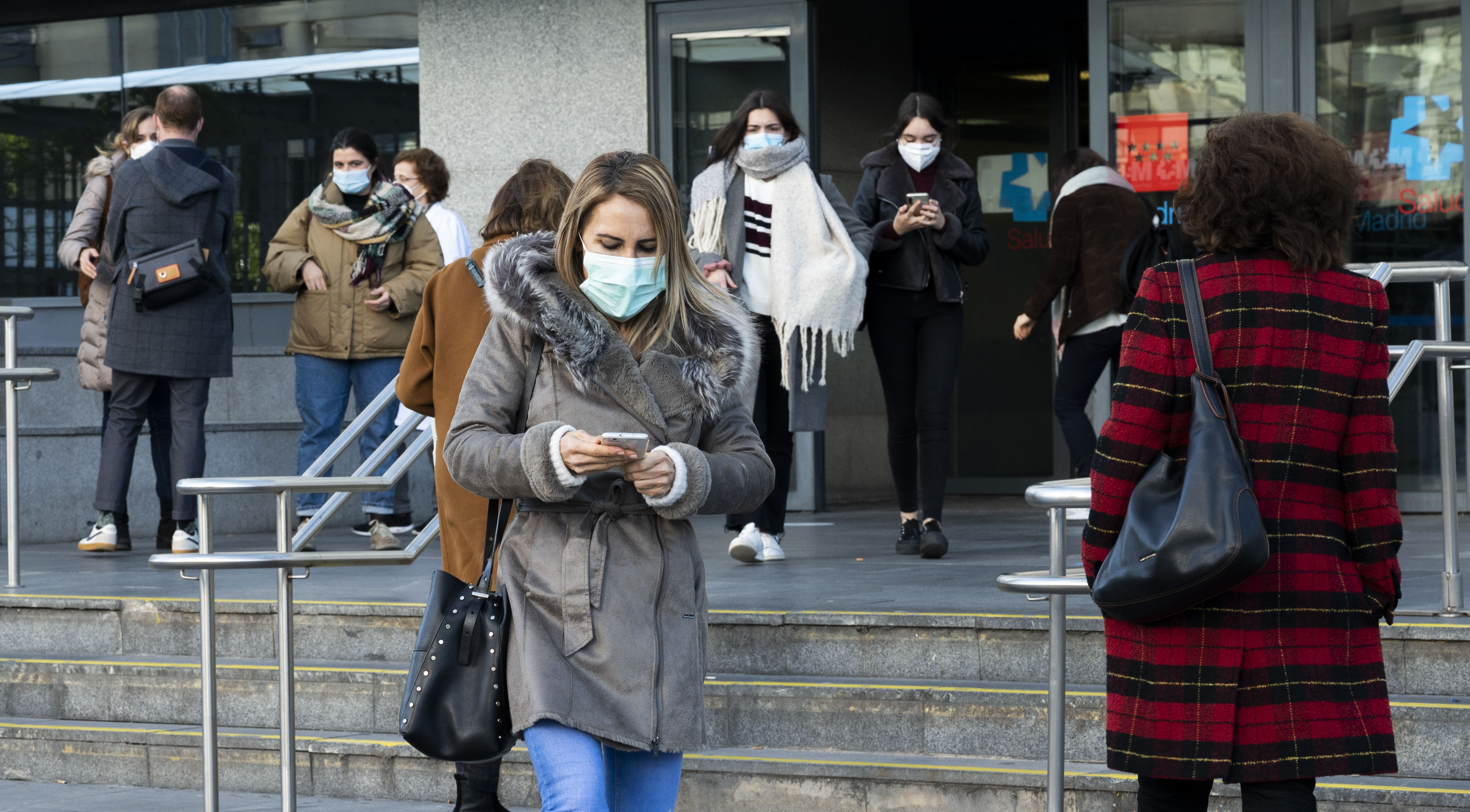
The 'Covid-Distance Project' analyzes the effectiveness of social distancing measures applied to find the best de-escalation strategies
December 17, 2020
The removal of restrictions imposed to bend the first wave corresponded to an increase in mobility and social interactions, but not in a homogeneous way across the population as a whole. These are the main conclusions obtained from the two
surveys on mobility and social distancing carried out on the Spanish population as part of
the Covid-Distance Project, in which IFCA researchers participate together with others from different centers of the Spanish National Research Council (CSIC) and the Universidad Pompeu Fabra (UPF). The results will help to better understand dynamics of contagion observed during the different phases of pandemic in Spain and will contribute to propose more useful scenarios for managing the crisis generated by Covid-19.
Start of the third phase of surveys
The report presents the comparative data from the anonymous responses received in the first and second periods, as well as the first estimates of parameters of mobility and social distancing for the Spanish population as a whole. Information will be completed with a
third survey, in which it is possible to participate anonymously through the project's web page:
https://distancia-covid.csic.es/encuesta/.
The first survey was carried out during the period of the state of alarm and in de-escalation phase, between May 14 and June 10, 2020. The second survey was completed outside alarm period, between July 24 and August 31. According to results, despite the increase in mobility and contacts, the majority of respondents say they continue to take precautions to avoid infection.
